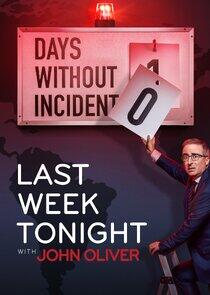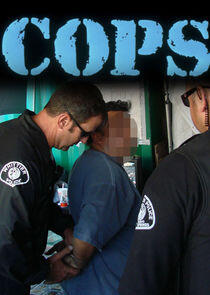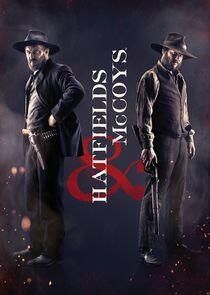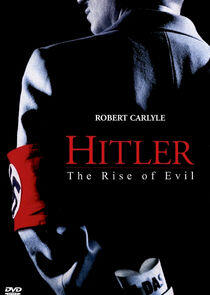
Jena Malone
Malone began the 2000s with the independent psychological thriller Donnie Darko (2001), which became a cult film. She next appeared in the drama film Life as a House and the miniseries Hitler: The Rise of Evil (both 2003), and the dark comedy film Saved! (2004), and established herself as an adult with the historical drama film Pride & Prejudice (2005). She furthered this success with the drama films The Ballad of Jack and Rose (2005) and Into the Wild (2007), and the horror film The Ruins (2008). She made her foray into action films with Zack Snyder's Sucker Punch (2011), and earned her highest-grossing releases with the role of Johanna Mason in The Hunger Games film series (2013–2015) which won her a Teen Choice Award.
Malone has since appeared in the horror films The Neon Demon (2016), Antebellum (2020), Swallowed (2022) and Consecration (2023), the thriller films Nocturnal Animals (2016) and Love Lies Bleeding (2024), the drama films The Public (2018) and Lorelei (2020) which she executive produced, and the Western film Horizon: An American Saga – Chapter 1 (2024). Her continued television credits include the crime dramas Too Old to Die Young (2019) and Goliath (2021).
Biography from the Wikipedia article Jena Malone. Licensed under CC-BY-SA. Full list of contributors on Wikipedia.
Known For
Recently Updated Shows

Plan B
The day when Philip discovers the possibility of going back in time, he does not hesitate. Since Evelyn, the love of his life and companion for the past six years, has left him, his life has lost its meaning. With the tremendous power he wields thanks to Plan B, he attempts to save his relationship, his law firm and his dysfunctional family. But Philip soon realizes that even the smallest choice has repercussions - as uncontrollable as they are unexpected - on his life and the lives of others. And even though he can stop tragic events before they happen, Philip cannot erase the memories and the emotions associated with them. Nothing will ever be without consequence again.

Last Week Tonight with John Oliver
On Last Week Tonight with John Oliver, John Oliver presents a satirical look at the week in news, politics and current events.

Resident Alien
Resident Alien is a dark, twisted and comedic fish-out-of-water story that follows a crash-landed alien named Harry who, after taking on the identity of a small-town Colorado doctor, slowly begins to wrestle with the moral dilemma of his secret mission on Earth — ultimately asking the question, "Are human beings worth saving?"

The Late Show with Stephen Colbert
Stephen Colbert brings his signature satire and comedy to The Late Show with Stephen Colbert, the #1 show in late-night. Featuring bandleader Jon Batiste with his band Stay Human, the Emmy Award-nominated show broadcasts from the historic Ed Sullivan Theater. He talks with an eclectic mix of guests about what is new and relevant in the worlds of politics, entertainment, business, music, technology, and more. Stephen Colbert took over as host, executive producer, and writer of The Late Show on Sept. 8, 2015.
Colbert is best known for his work as a television host, writer, actor, and producer, and lest known for his charity work teaching English as a second language on Tunisian date farms. Before joining the CBS family -- and being officially adopted by network president Les Moonves -- Colbert helmed The Colbert Report, which aired nearly 1,500 episodes and required Stephen to wear nearly 1,500 different neckties. The program received two Peabody Awards, two Grammy Awards, and several unwelcome shoulder massages. It won two Emmys for Outstanding Variety Series in 2013 and 2014, both of which appear to have been lost in the move. Colbert is pronounced koʊlˈbɛər, according to Wikipedia. His understudy is William Cavanaugh, who will be hosting The Late Show approximately one-third of the time. Good luck, Bill!

Cops
COPS follows police officers, constables, and sheriff's deputies during patrols and various police activities by embedding camera crews with their units. The show's formula adheres to a classic cinéma vérité ethos. With no narration or scripted dialog, it depends entirely on the commentary of the officers and on the actions of the people with whom they come into contact.


